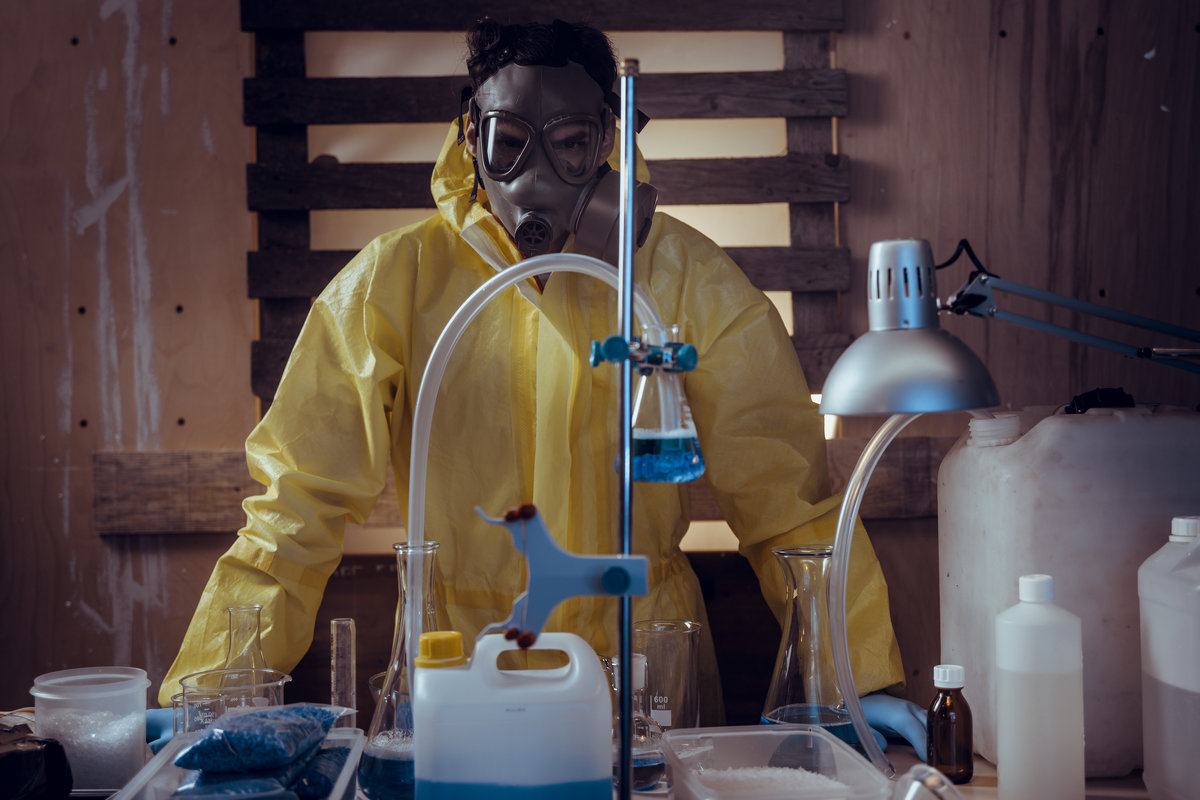
Families unknowingly living in properties previously used as methamphetamine or ‘ice’ labs could be suffering from significant risks of inhalation and skin exposure as meth moves from gyprock walls and other furnishings into air, raising contamination levels throughout their property.
In a new study, Flinders University researchers Dr Jackie Wright, Associate Professor Stewart Walker and Associate Professor Kirstin Ross analysed air samples from homes known to be contaminated with meth, and found significant levels in air inside these homes as well as in the air above possessions, including soft toys removed from a contaminated home.
The study, published in the Springer Nature Journal of Exposure Science and Environmental Epidemiology, found that inhalation could be a route of exposure to methamphetamine in contaminated homes.






